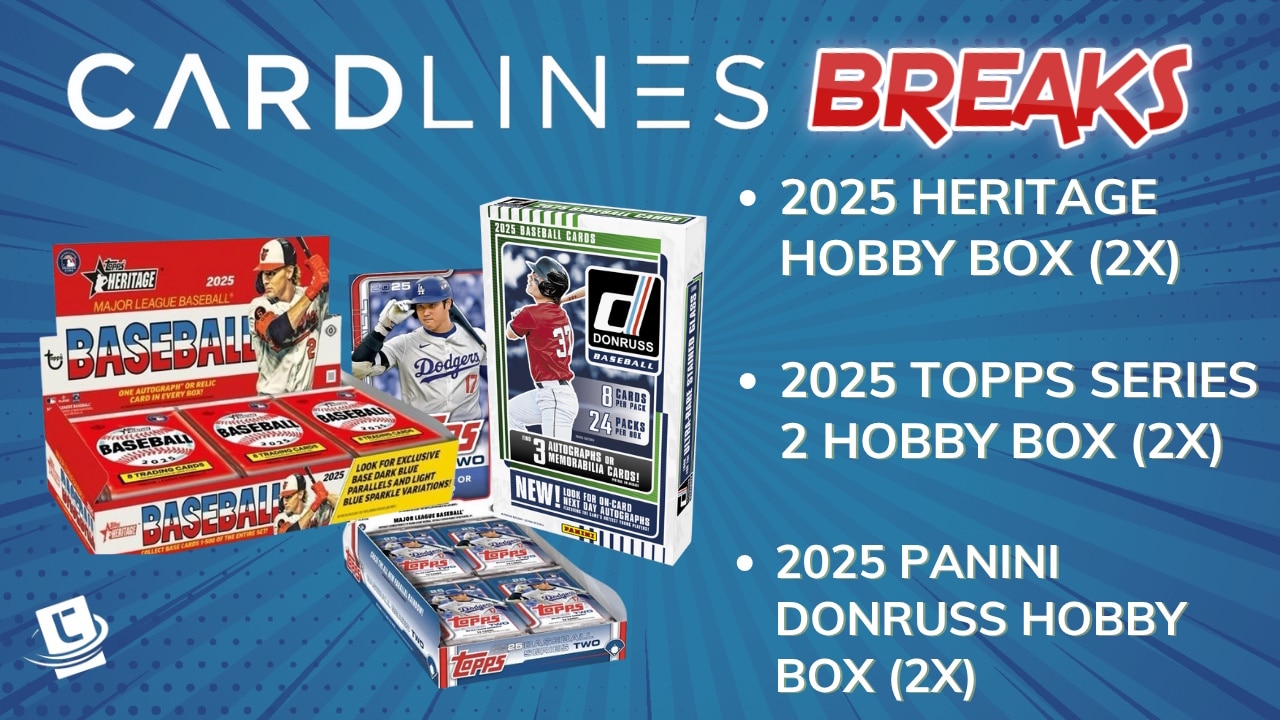

You may be wondering what NFT’s are and how they relate to collecting sports cards. No worries. We got you with this sportscard collectors guide to buying NFTs.
The term NFT stands for “non-fungible tokens.” That clears it all up for you, doesn’t it?
When something is fungible, that means it is interchangeable. So, for example, barrels of oil are fungible and can be traded for each other. Each barrel may be a little different, but the market treats them as the same.
A non-fungible asset is something distinct and harder to trade because each one is notably distinct. For example, let’s think of our spouses. Sure, some people trade spouses (not us, of course), but each spouse is unique.
We have gotten used to using tokens for commerce and trade. For example, bitcoin is now an accepted token. However, a bitcoin is utterly fungible.
In stark contrast to its fungible counterpart, a non-fungible token has completely distinctive information that verifies its ownership history clearly and incontrovertibly. That means that only one person can own an NFT at any given moment, and anyone can verify who owns that token.
Therefore, the NFT is a gamechanger for any piece of digital real estate. In the past, if someone made a meme or created a viral video, it would get passed around endlessly. However, we often had no idea who created it and when.
You can read more about NFT’s here and here.

Blockchain is the type of database that stores NFT’s. While most databases store pieces of information separately, blockchain stores it in a specific and inseparable order. The additional data is added and stored in chronological order.
In plainer English, that means that any transaction is recorded and verified in order. Therefore, you can always tell which link in the chain came first and when it was. Hackers can’t change the information, so you know it hasn’t been forged.
An NFT is stored in a blockchain. Therefore, at any given time, anyone with online access can check who owns it.
The public will also be able to check who owned it in the past and in what order. Anyone involved can be confident that the information is accurate. No trust is involved.
In the digital age, physical ownership is no longer as important as it once was. A lot of what we buy and how we purchase it is not tangible. A great deal of culturally meaningful and valuable products are now entirely digital.
Think of your Netflix subscription. You pay virtual money through a credit card to access content that is only available digitally. Meanwhile, that pile of physical DVDs you have in a corner somewhere are all but worthless.
Yes, in most cases, you can. If someone designs a meme, you can easily copy and save it on your device and share it on social media.
But without an NFT, you cannot prove legal ownership over the content. Therefore, while you hold a copy of the item, you don’t actually own it.
Let’s put this in terms any collector can understand. You can easily print up an image of a Mickey Mantle rookie card, and with a good printer, it will look bigger and better than most authentic cards. However, that printed-up copy of the card is worth almost nothing.
If you get it graded by a respected company, you receive a recognized authentication that the card is genuine and in a particular condition. An NFT similarly authenticates online content. However, it is far better because it also proves individual ownership.
The human desire to own and capitalize on their property is ancient and seems ingrained in our nature. Now that a significant amount of our property and creative products are digital, the determination of ownership is a necessity. When you think about it, the most surprising part about NFT’s is that it took this long to invent them.
Those of us who are a bit older (like me) and remember when things of value had to be physical have some difficulty adjusting to the idea of digital property. We have a significant cognitive leap to make to grapple with the NFT concept. However, younger consumers are already used to a completely digital marketplace and will adjust far more quickly.
Remember that weird Facebook game Farmville? Yeah, the one we got 20 invites to a day. Players paid real money to get virtual farm animals and seeds. Does that sound dumb? Yes, it does. But also, the owner of the game was worth $8.9 billion at the time. Remember, people were doing this back in 2009.
Meanwhile, to the children and grandchildren of Farmville players, physical ownership may look downright primitive.
An NFT can be anything digital with defined ownership. Therefore, it isn’t so much a question of getting NFT’s but rather what kind of NFT’s you want to purchase.
The most widespread applications are art-related. For example, SuperRare sells one-of-a-kind NFT artwork. You can buy the artwork there through a digital wallet program such as METAMASK or Fortmatic. OpenSea sells a wide range of NFT collectibles, including sports items.
Most of these platforms require an Ethereum wallet. Ethereum is a cryptocurrency based on, you guessed it, a blockchain database. Two of the most popular ones are METAMASK or Fortmatic. You can purchase Ethereum through Apple Pay or using a debit card.
Because we sports collectors are basically Neanderthals, you can purchase NBA Top Shot NFT’s with a good old-fashioned credit card.
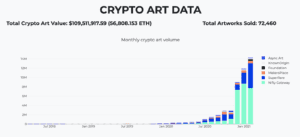
The short answer is definitely yes. NFT’s have had proven success in several fields and are here to stay.
We have already discussed how easily virtual ownership is applied to gaming. However, where NFT has taken off is in the art world. The cumulative volume of artwork sold through NFT’s has reached $193 million. It is clear to all that this is just the start.
Card collectors associate NFT’s with ownership of NBA game highlights. But they also have incredibly practical and common-sense applications to the business world.
For example, manufacturers and distributors can use them to track entire supply chains, digital and physical. When properly used, this form of verification could end numerable types of waste and corruption.
One of the most successful uses of NFT’s outside the art world has been in the sports collecting industry. A few months ago, the NBA partnered with Canadian company Dapper Labs to launch a collectible digital highlights project called NBA Top Shot.
You may wonder why anyone would want to own a highlight they can watch on YouTube for free? Well, regardless of that question, Top Shot has become almost ridiculously successful.
It has earned over $150 million, with one Lebron dunk going for over $200,000. Their releases sell out immediately. Without getting into too much detail, the staff here at Cardlines has been frustrated again and again trying to get new packs.
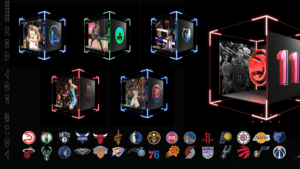
While the jury is out on whether Top Shot is here to stay, we are willing to make a strong bet that digital collection and authentication through NFT’s are here to stay. It is more than likely that sports collector NFT centered products will probably get more sophisticated and attractive in the future.
It is not too difficult to imagine a future where sports cards are charming vintage pieces like vinyl records. Meanwhile, most collectors focus on easily transferable and verifiable digital items. After all, won’t physically mailing pieces of cardboard that can be lost or stolen seem practically paleolithic when you can transfer interactive collectibles instantly, risk-free, and at no cost?
NFT’s are here to stay. Get friendly with them.
Topps Chrome 2024-25 Basketball: Honest Review and Notes
Did you know this SECRET about PSA slabs? #sportscard #tcg
5 EASY tips to make more money on eBay sports cards.
I opened a sports card mystery box and found something AWESOME inside
The SAD story of Collectable. What went wrong? (The Downfall Fractional Sports Card Investing)
what was Panini doing? 🙄
I compared sports card prices from the big sellers to save YOU money
Is GameStop buying PSA? (the truth!)
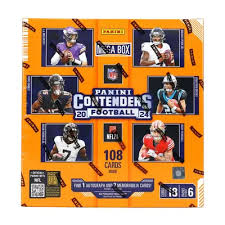
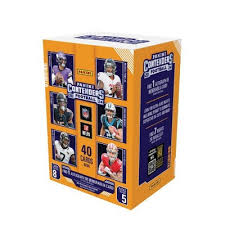
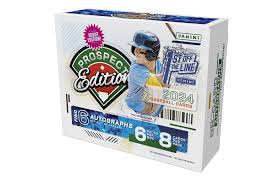
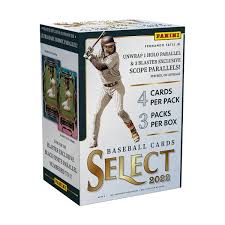
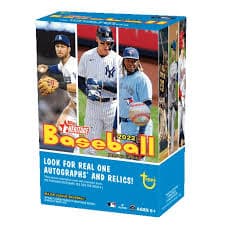
2022 Topps Heritage Baseball Blaster Box Configuration: 7 Packs per Box – 9 Cards per Box. Plus 1 extra pack.
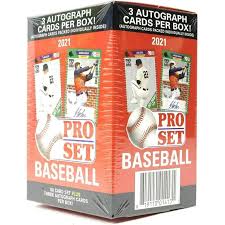
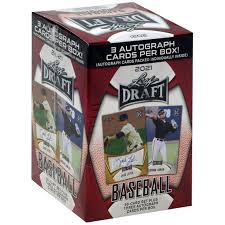
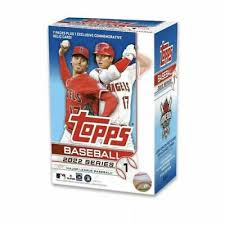
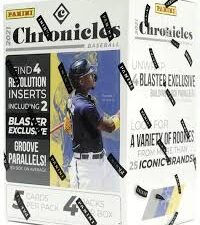
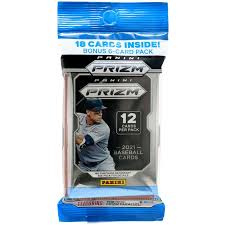
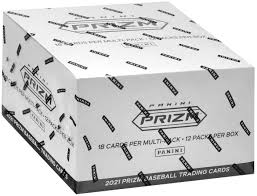

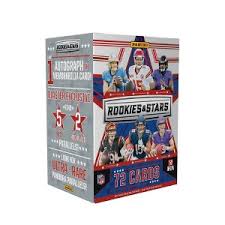
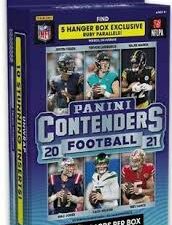
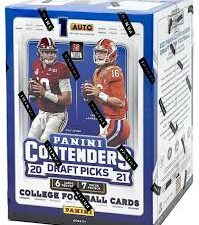
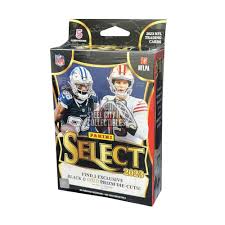
Keep up on breaking Sports Card News, our latest articles, product specials and exclusive content with expert analysis of hobby trends.

© Copyright 2025 - All rights reserved Cardlines.com / Media Techs LLC - Sports Card News, Reviews, Releases and BREAKS - #thehobby.
Important: When you click on links to various merchants on this site and make a purchase, this can result in this site earning a commission. Affiliate programs and affiliations include, but are not limited to, the eBay Partner Network.
Panini is launching a WNBA Product at $30,000!?
Cardlines June 27, 2025 5:54 am